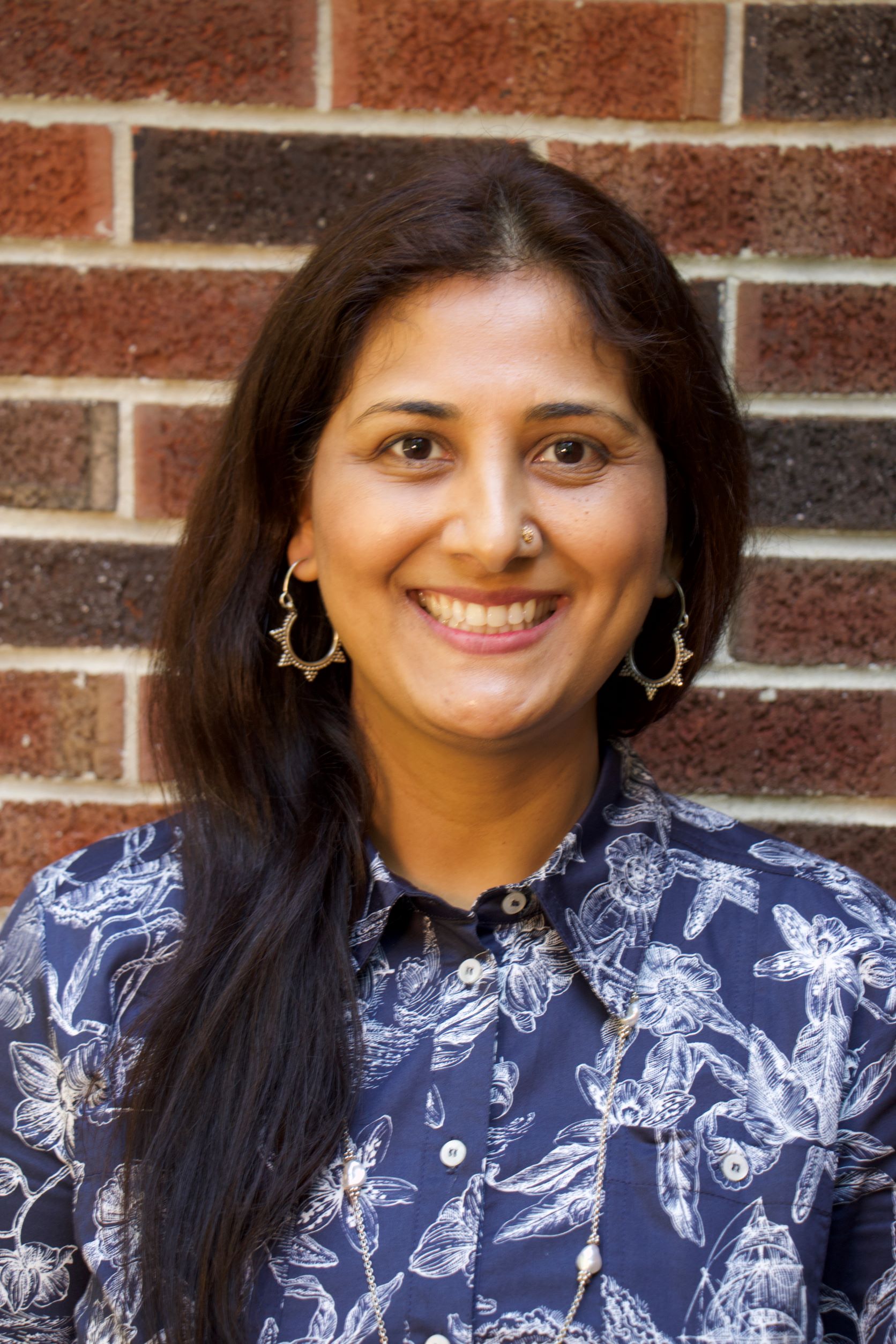Afsan Bhadelia
Assistant Professor, Department of Public Health
Areas of Expertise
- Health Systems
- Global Health
- Health Equity
- Priority-Setting in Health Care
- Health Metrics and Evaluation
- Community-Partnered Research
HHS Signature Research Area(s)
- Developmental Health and Wellness
- Healthy Lifestyles and Vital Longevity
- Sustainable Organizations and Thriving Communities
Department of Public Health Research Area(s)
- Women’s Health
- Health Disparities
- Community-Engaged Research
- Health Systems and Policies
Biography
Afsan Bhadelia, PhD, MS has nearly two decades of experience in global health and systems analysis, including from an equity lens and towards the development of value-based health systems. She focuses on developing new methodologies and metrics at the convergence of public health, complexity science, public policy, ethics, and economics to examine social and structural determinants of health, including those related to chronic diseases (using cancer and palliative care as tracers) and from a gender perspective. Her transdisciplinary and justice-oriented research seeks to advance public discourse and community partnership in knowledge generation around health to promote citizen-driven priority-setting and implementation that are in alignment with societal values.
Education
- PhD, Johns Hopkins University
- MS, Tufts University
- BS, Tufts University
Current Courses
- PUBH 240 - Global Health
Selected Honors/Awards
- Fulbright U.S. Scholar - 2021
- Gordis Teaching Fellowship, Johns Hopkins University - 2015
- Young Cancer Leader, Union for International Cancer - 2015
- Presidential Award for Citizenship and Public Service, Office of the President, Tufts University - 2006
In the News
- Dignity, decency, and dying
- Palliative care in the face of racism: a call to transform clinical practice, research, policy, and leadership
- Improving global access to palliative care and pain relief
- Millions die in pain each year without morphine
- Much of world suffers not from abuse of painkillers, but absence of them
- Achieving effective health care with a new approach to caring for chronic illnesses
